# Keynote speakers
-
Marta Garnelo
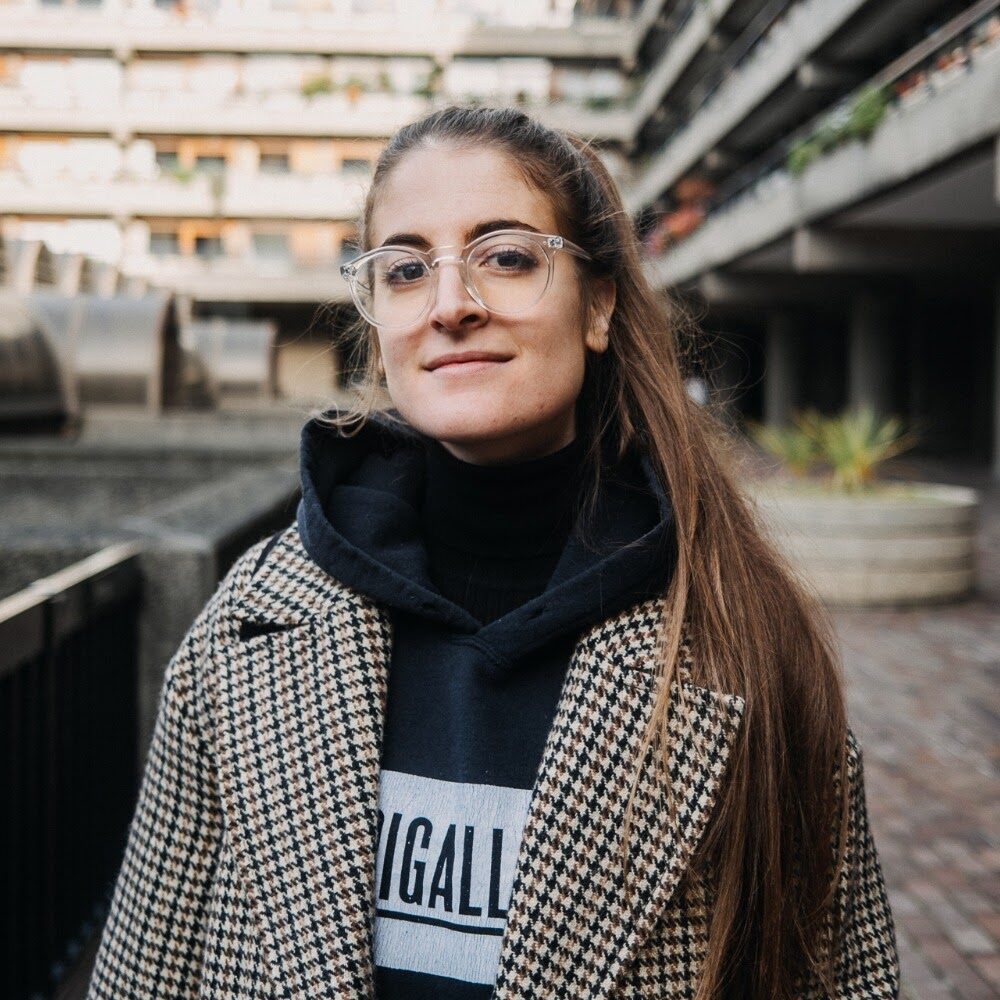
Marta Garnelo
Marta is a senior research scientist at DeepMind where she has primarily worked on deep generative models and meta learning. As part of this research she has been involved in developing Generative Query Networks and led the work on Neural Processes. In addition to generative models her recent interests have expanded to multi-agent systems and game theory. Prior to DeepMind Marta obtained her PhD from Imperial College London, where she also worked on symbolic reinforcement learning.
-
Lukasz Kaiser
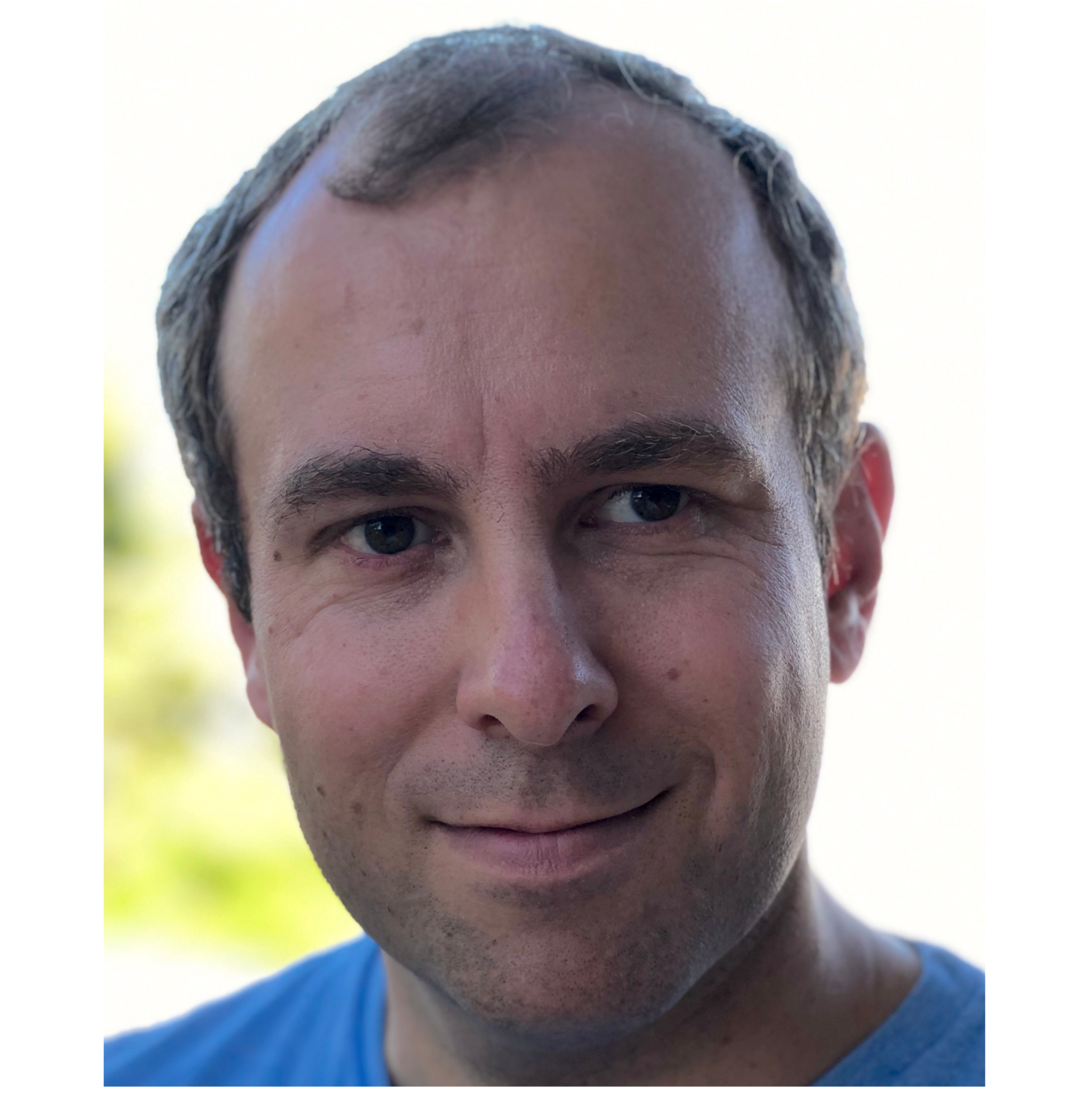
Lukasz Kaiser
Lukasz is a deep learning researcher who works on fundamental aspects of deep learning and natural language processing. He has co-invented Transformers and other neural sequence models and co-authored the TensorFlow system and the Tensor2Tensor and Trax libraries. Before working on machine learning, Lukasz was a tenured researcher at University Paris Diderot and worked on logic and automata theory. He received his PhD from RWTH Aachen University in 2008 and his MSc from the University of Wroclaw, Poland.
-
Marta Kwiatkowska
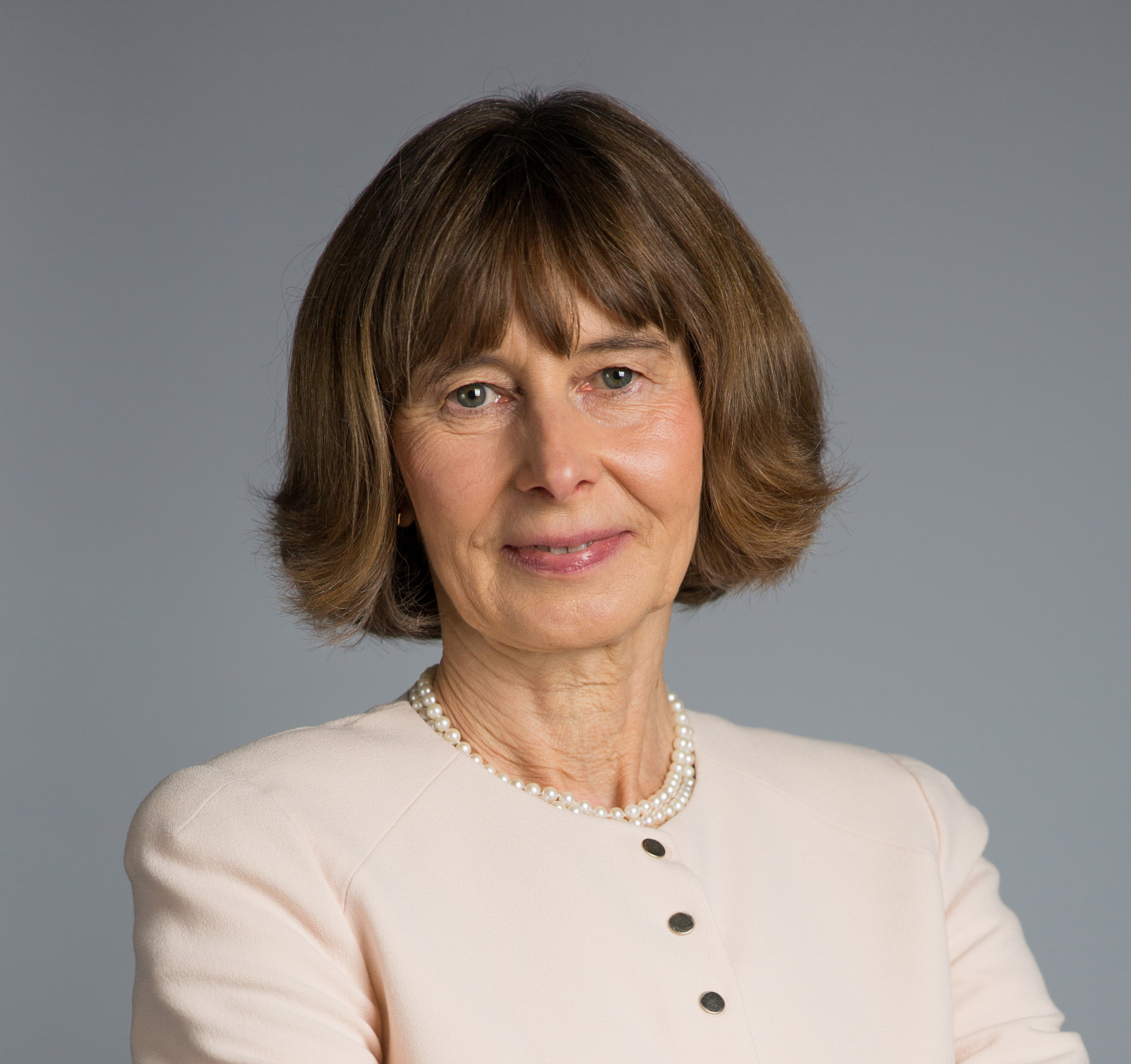
Marta Kwiatkowska
Marta Kwiatkowska is a Professor of Computing Systems and Fellow of Trinity College, University of Oxford. She is known for fundamental contributions to the theory and practice of model checking for probabilistic systems, focusing on automated techniques for verification and synthesis from quantitative specifications. She led the development of the PRISM model checker, the leading software tool in the area and winner of the HVC Award 2016. Probabilistic model checking has been adopted in diverse fields, including distributed computing, wireless networks, security, robotics, healthcare, systems biology, DNA computing, and nanotechnology, with genuine flaws found and corrected in real-world protocols. Kwiatkowska is the first female winner of the Royal Society Milner Award, winner of the BCS Lovelace Medal, and was awarded an honorary doctorate from KTH Royal Institute of Technology in Stockholm. She won two ERC Advanced Grants, VERIWARE and FUN2MODEL, and is a co-investigator of the EPSRC Programme Grant on Mobile Autonomy. Kwiatkowska is a Fellow of the Royal Society, a Fellow of ACM, EATCS, BCS and PTNO, and a Member of Academia Europea.
-
Rich Caruana
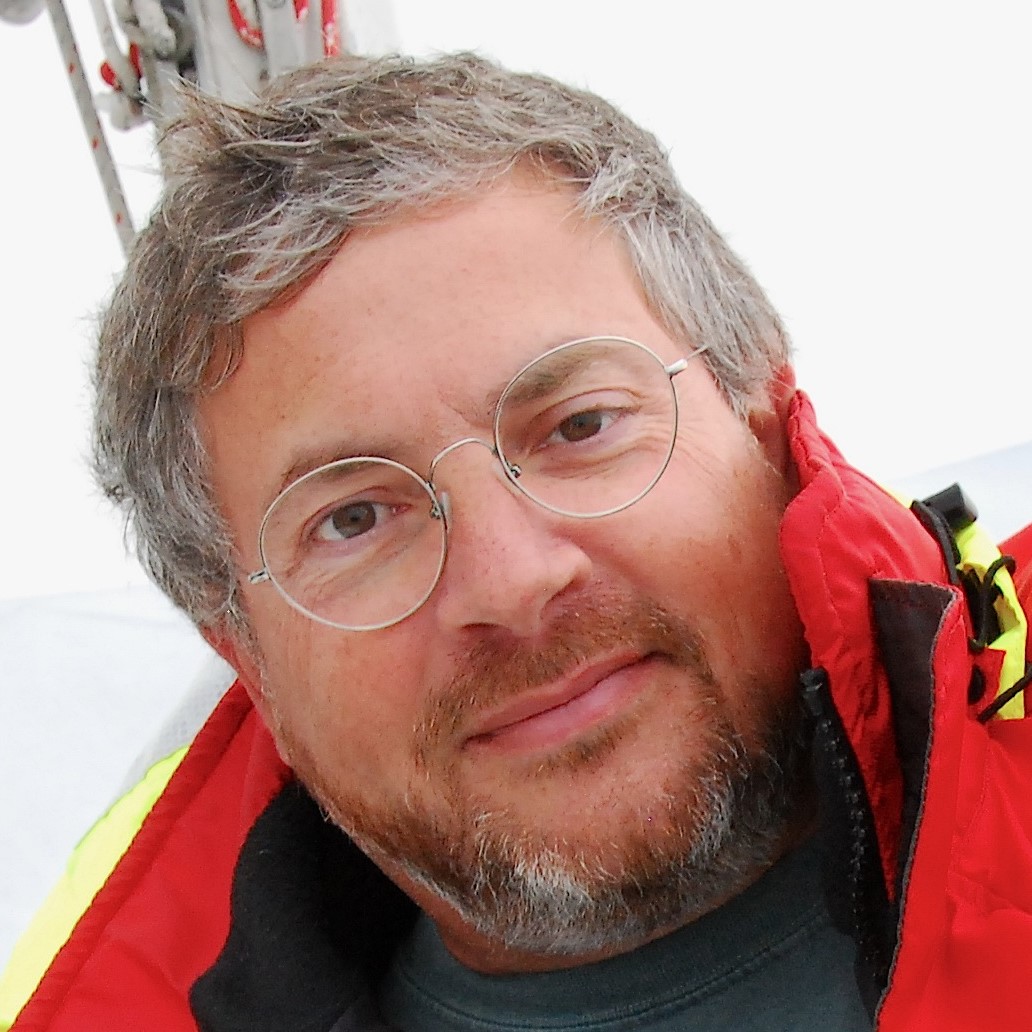
Rich Caruana
Rich Caruana is a Senior Principal Researcher at Microsoft. His research focus is on intelligible/transparent modeling and machine learning for medical decision-making. Before joining Microsoft, Rich was on the faculty at Cornell, at UCLA's Medical School, and at CMU's Center for Learning and Discovery. Rich's Ph.D. is from CMU, and his thesis on Multitask Learning helped create interest in the new subfield of Transfer Learning. Rich received an NSF CAREER Award in 2004 for Meta Clustering.
-
Daphne Koller
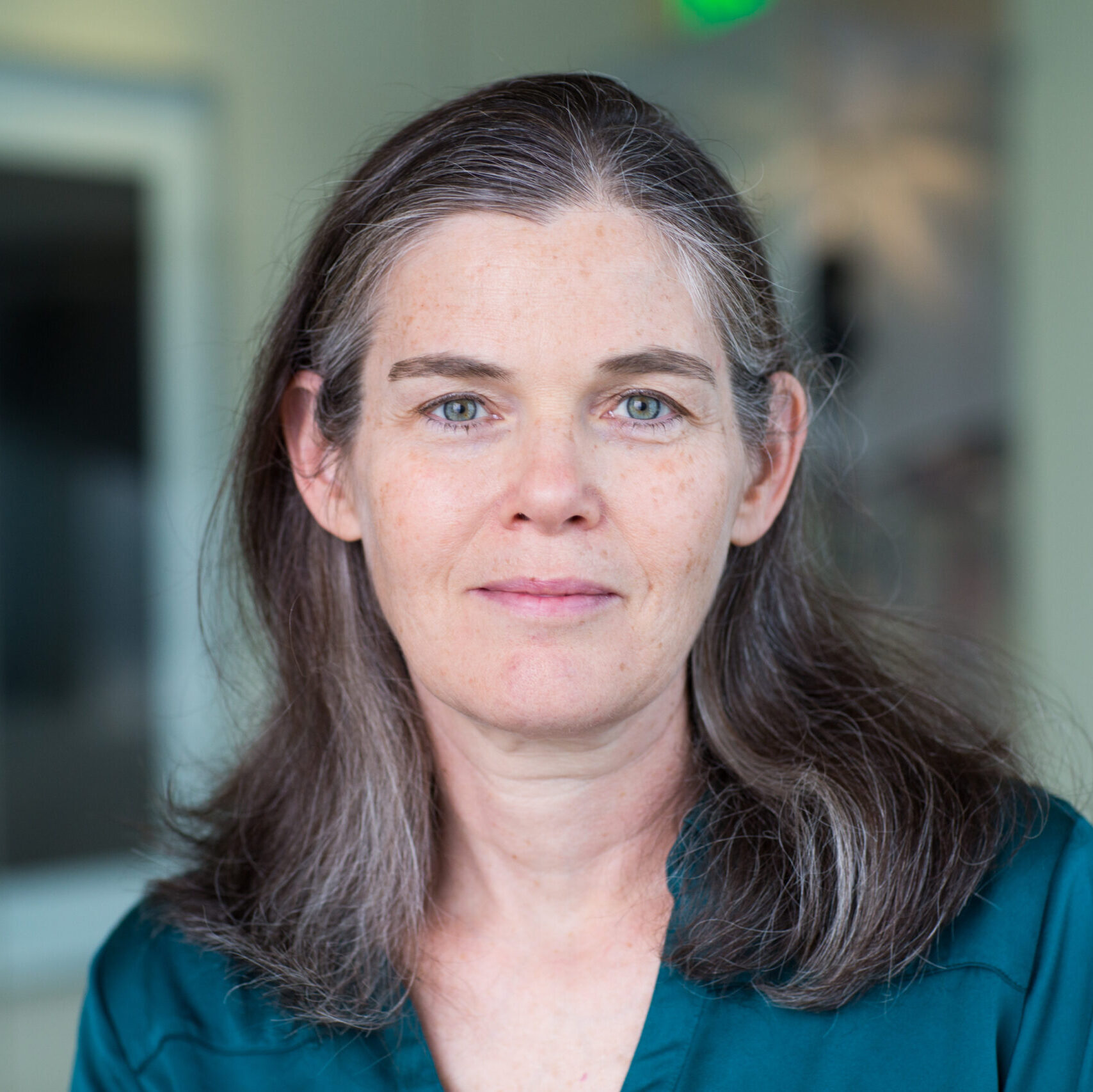
Daphne Koller
Daphne Koller is CEO and Founder of insitro, a machine-learning enabled drug discovery company. Daphne is also co-founder of Engageli, was the Rajeev Motwani Professor of Computer Science at Stanford University, where she served on the faculty for 18 years, the co-CEO and President of Coursera, and the Chief Computing Officer of Calico, an Alphabet company in the healthcare space. She is the author of over 200 refereed publications appearing in venues such as Science, Cell, and Nature Genetics. Daphne was recognized as one of TIME Magazine’s 100 most influential people in 2012. She received the MacArthur Foundation Fellowship in 2004 and the ACM Prize in Computing in 2008. She was inducted into the National Academy of Engineering in 2011 and elected a fellow of the American Association for Artificial Intelligence in 2004, the American Academy of Arts and Sciences in 2014, and the International Society of Computational Biology in 2017.
-
Yoshua Bengio
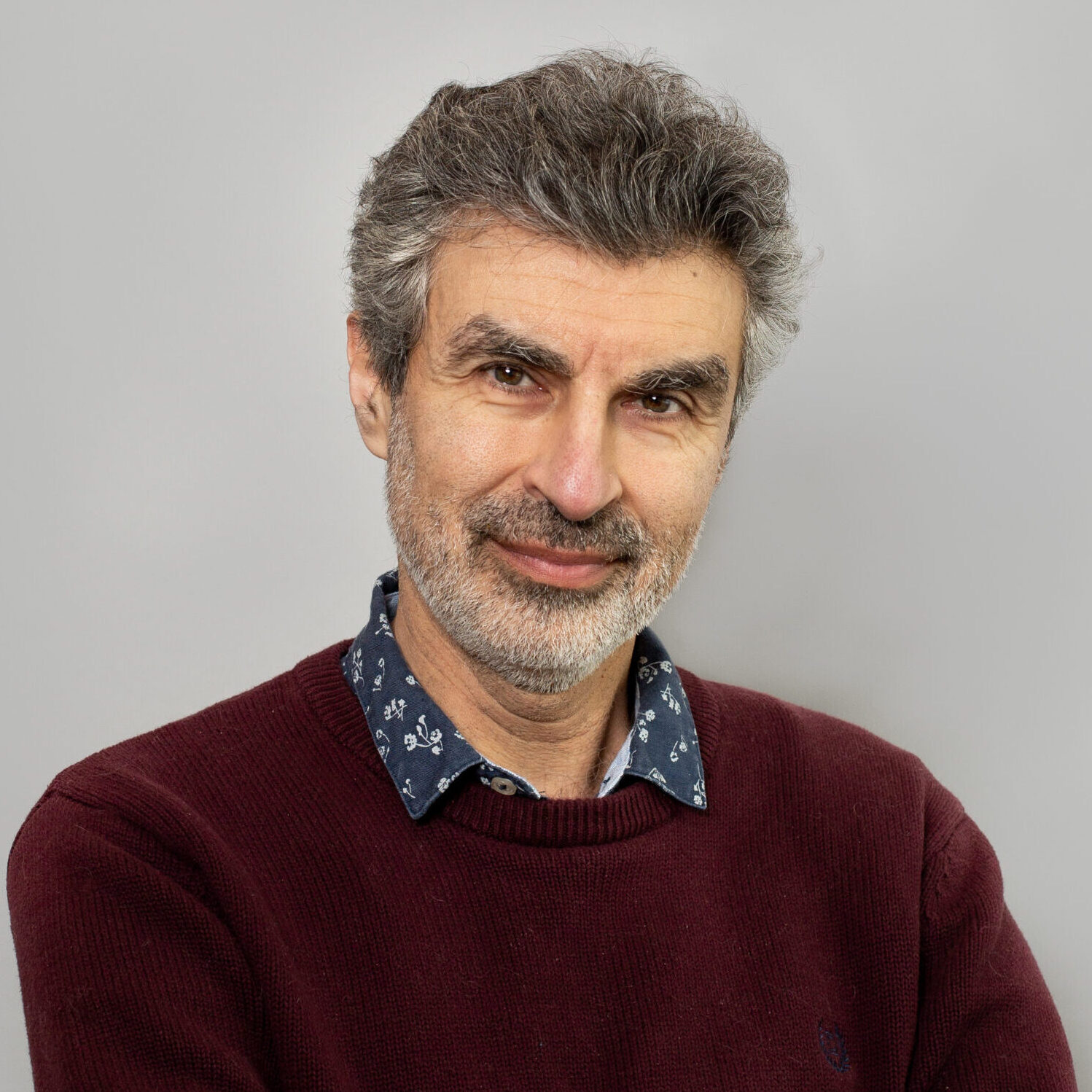
Yoshua Bengio
Yoshua Bengio is a Full Professor in the Department of Computer Science and Operations Research at Université de Montreal, as well as the Founder and Scientific Director of Mila and the Scientific Director of IVADO. Considered one of the world’s leaders in artificial intelligence and deep learning, he is the recipient of the 2018 A.M. Turing Award with Geoff Hinton and Yann LeCun, known as the Nobel prize of computing. He is a Fellow of both the Royal Society of London and Canada, an Officer of the Order of Canada, and a Canada CIFAR AI Chair.
# Prospects for ML in Poland: education and work
-
Marek Cygan
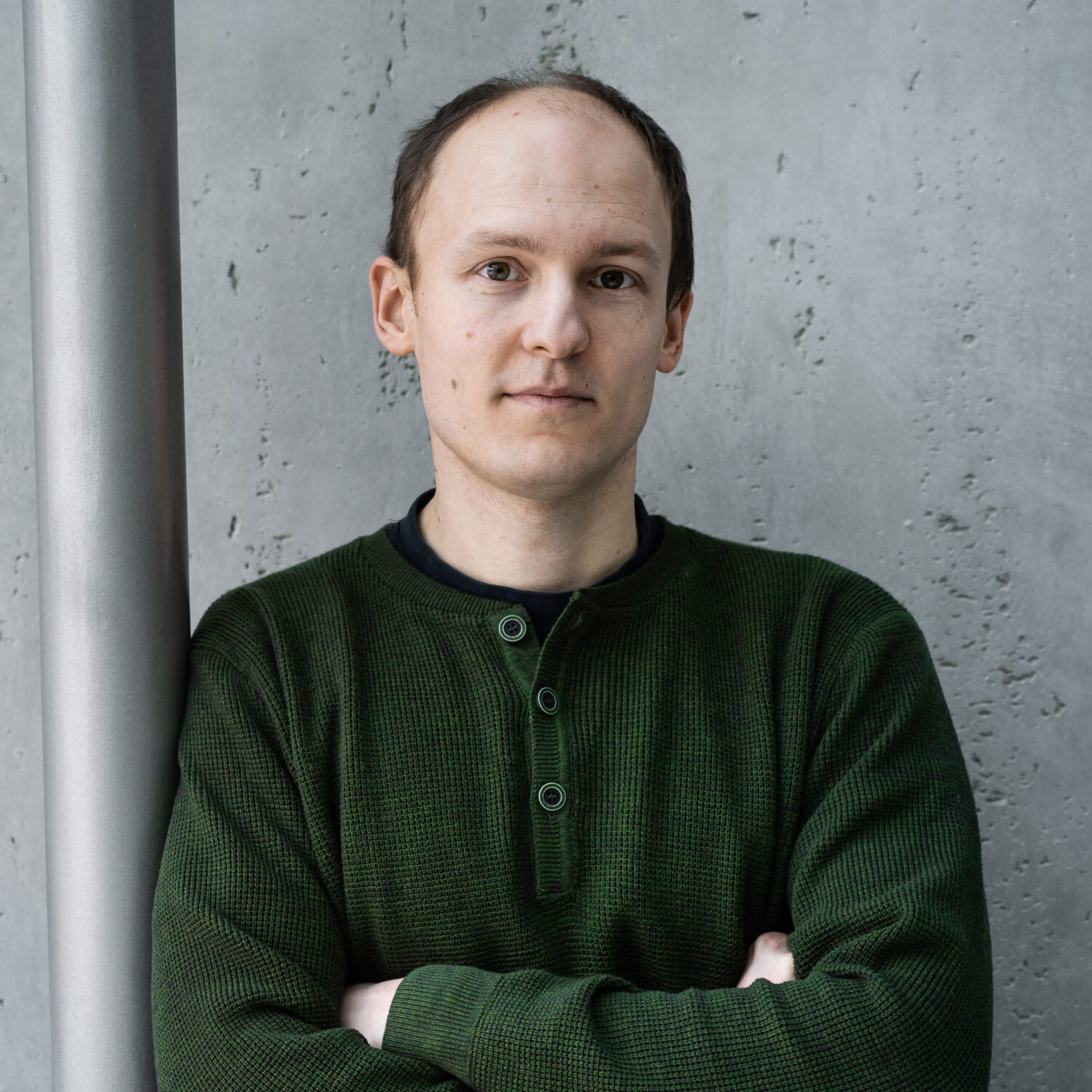
Marek Cygan
Currently an associate professor at the University of Warsaw, leading a newly created Robot learning group, focused on robotic manipulation and computer vision. Additionally, CTO and co-founder of Nomagic, a startup delivering smart pick-and-place robots for intralogistics applications. Earlier doing research in various branches of algorithms, having an ERC Starting grant on the subject.
-
Julia Krysztofiak-Szopa
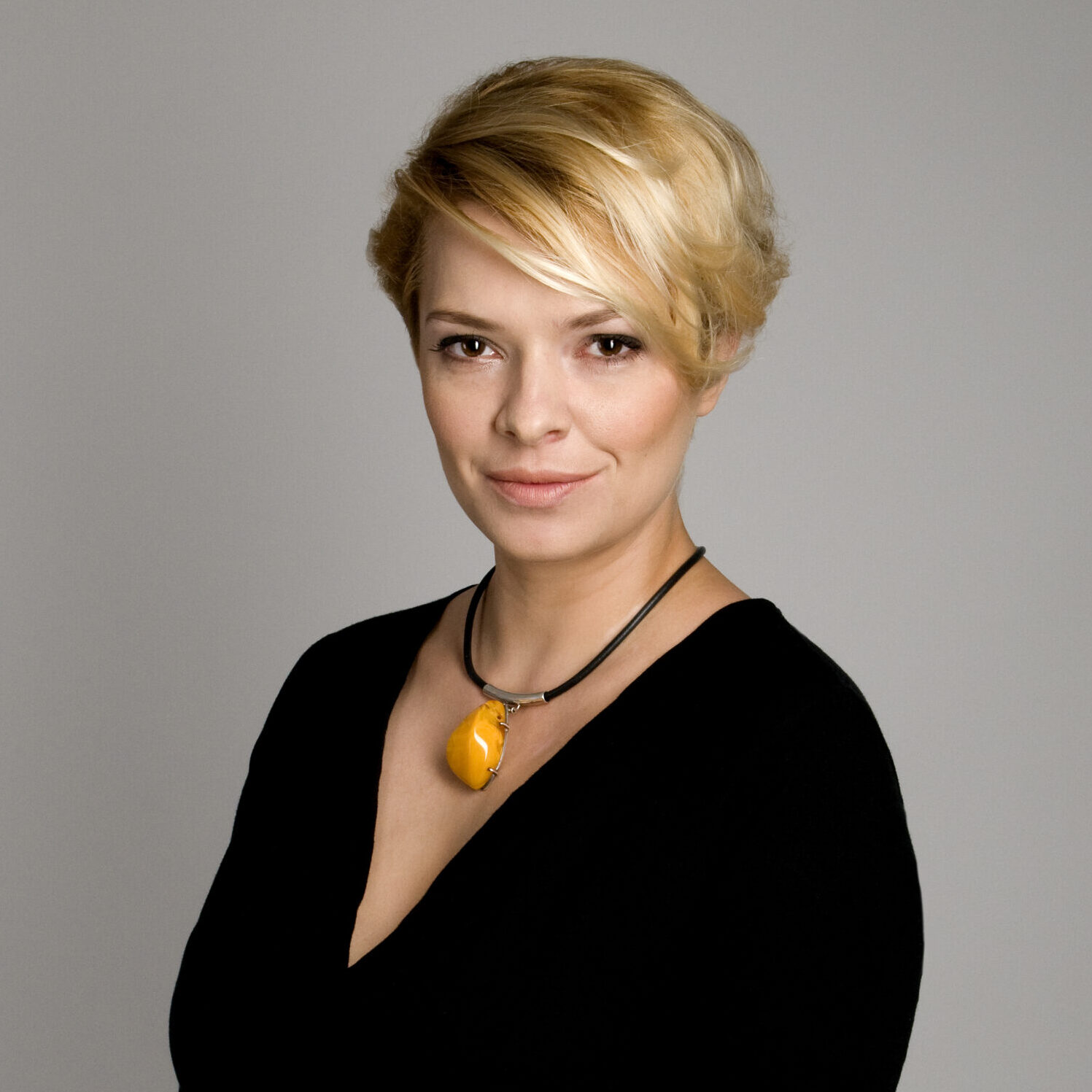
Julia Krysztofiak-Szopa
Julia serves as the COO at Appsilon, leading the company’s growth in the area of finance, legal and sales. Prior to joining, she had served for over 3 years as the CEO of Startup Poland, the largest technology think tank in Central Eastern Europe, building the agenda of technology companies in the dialogue with public administration, investment funds, and large enterprises. Before Startup Poland she had co-founded a lingerie brand, and worked with technology companies in Switzerland and Silicon Valley. Julia’s personal mission is to help young technology teams from the CEE region grow globally. Julia studied philosophy and formal logic at the Warsaw University.
-
Łukasz Kobyliński
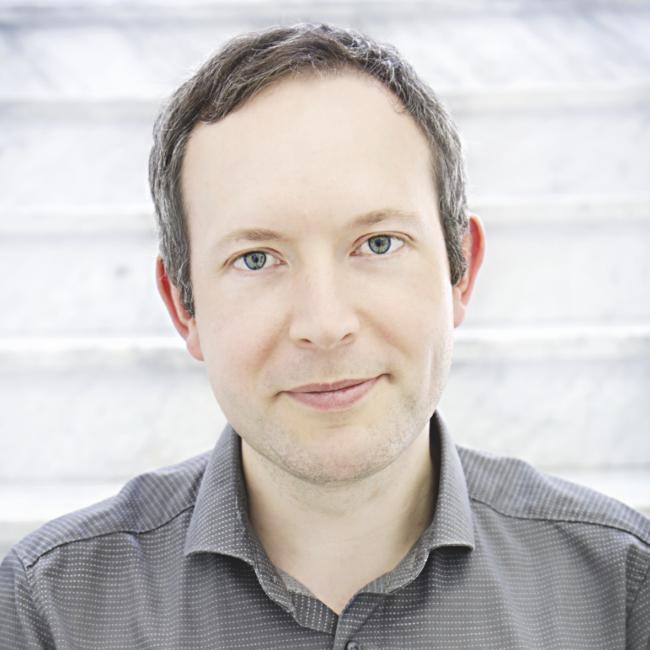
Łukasz Kobyliński
Chief Science Officer at Sages, Data Scientist at SigDelta, and assistant professor at the Institute of Computer Science of the Polish Academy of Sciences, where he leads projects in the Linguistic Engineering Team. Member of the Program Council of Big Data postgraduate studies carried out by Sages and the Warsaw University of Technology. He has been involved in data analysis and machine learning for many years, initially for images and now in natural language processing. He is particularly interested in corpus linguistics, semantic and morphological text analysis, as well as efficient processing of large data sets.
-
Robert Bogucki
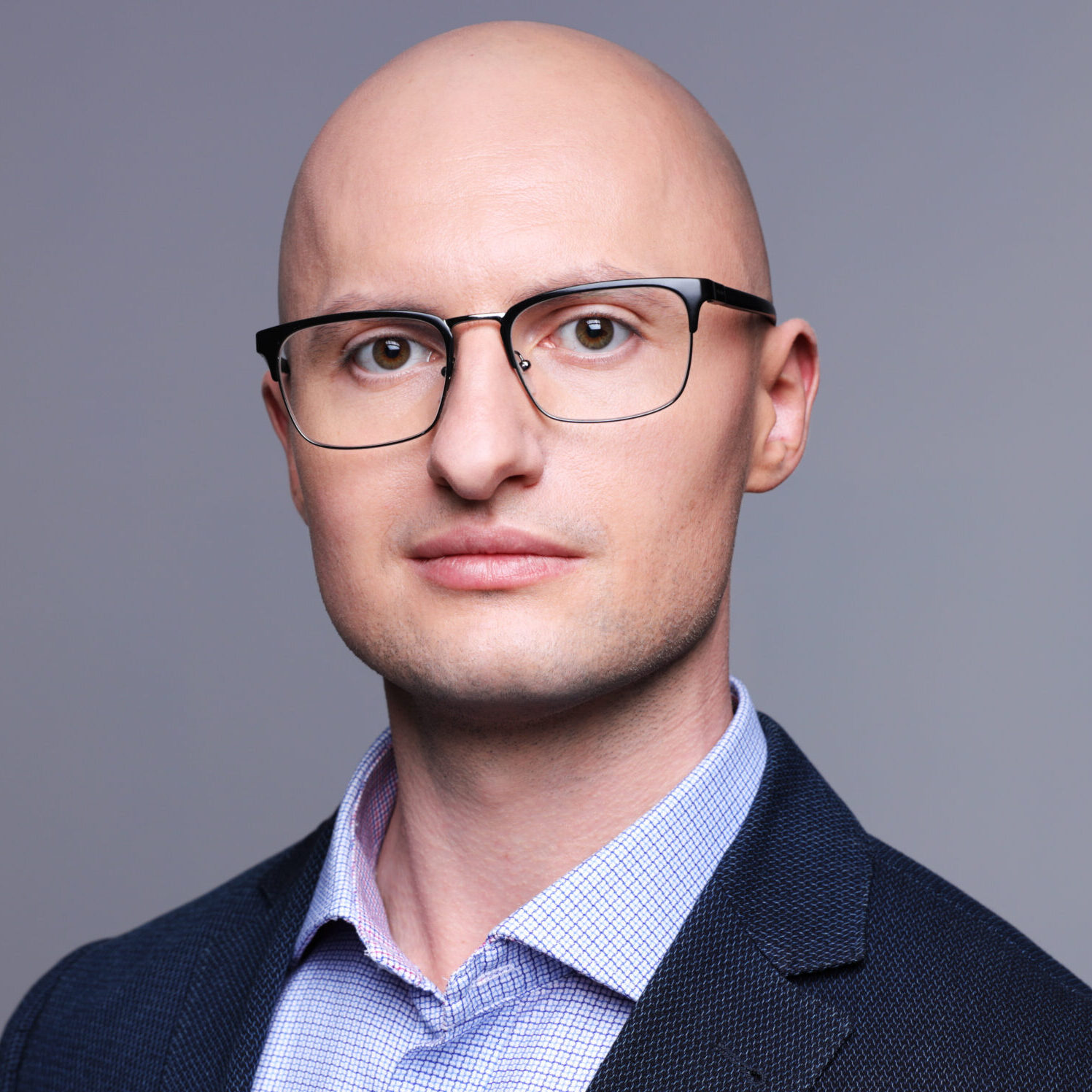
Robert Bogucki
As Chief Technology Officer, Robert has built and currently oversees deepsense.ai’s technical team. Together with the team, he focuses on bridging the gap between AI research and real-life business challenges. In addition to working with clients, Robert also leads deepsense.ai’s research and development team, managing and supporting their efforts in deep learning and reinforcement learning. Apart from his business activities, Robert is also a university lecturer on machine learning and an award winning Kaggle competitor. Prior to establishing deepsense.ai, he gained experience at UBS and co-founded CodiLime.
-
Paweł Wawrzyński
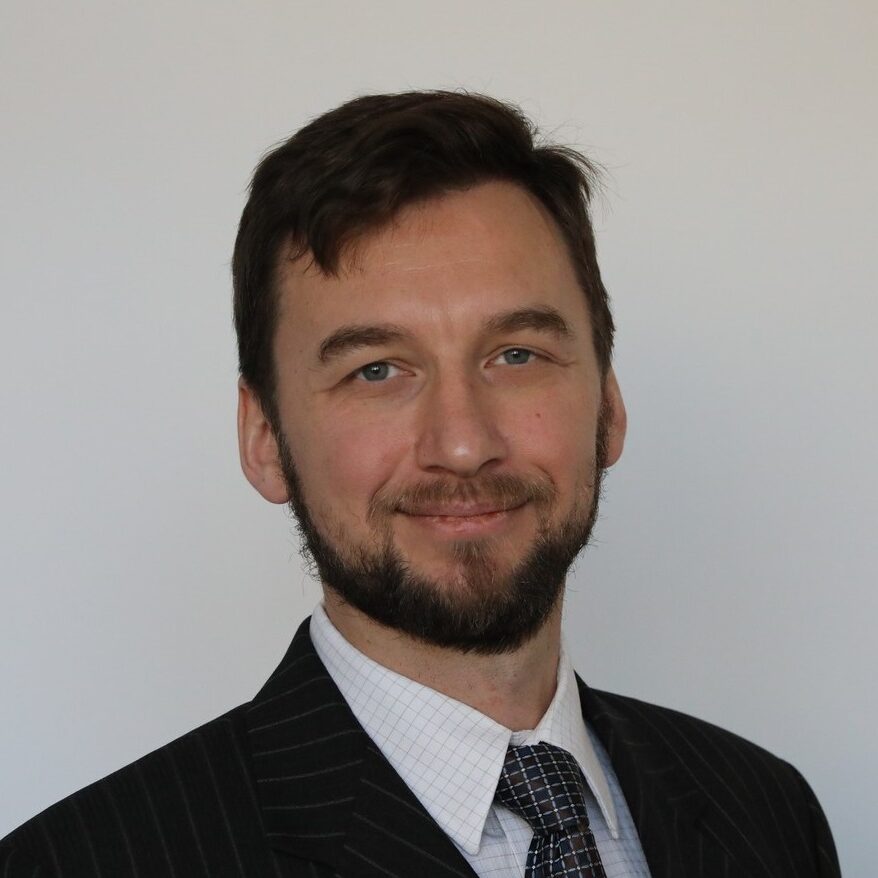
Paweł Wawrzyński
Employed at the AI division in the Institute of Computer Science at the Faculty of Electronics and Information Technology of the Warsaw University of Technology, also an economist and entrepreneur. The Division carries out research projects in main branches of artificial intelligence, including machine learning, neural networks and metaheuristics – especially evolutionary algorithms. Paweł’s main scientific interests are focused around neural networks and reinforcement learning. He is also a research tutor of the AI Society “Golem” at the Warsaw University of Technology.